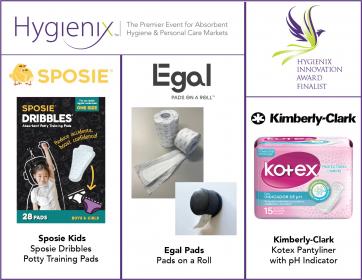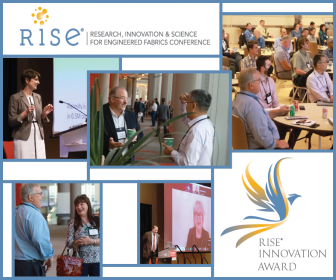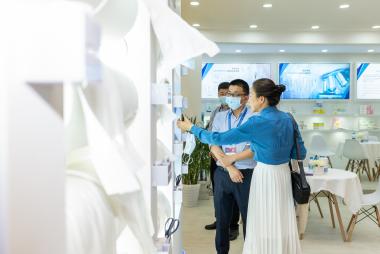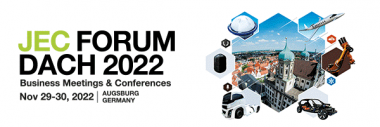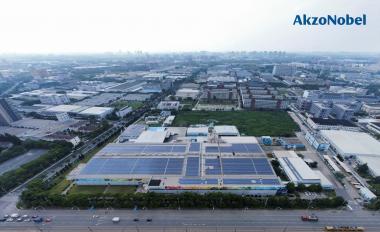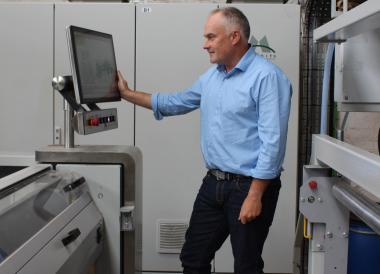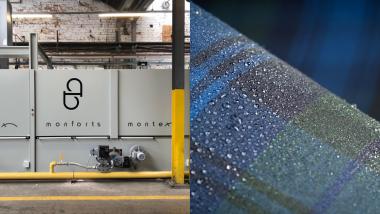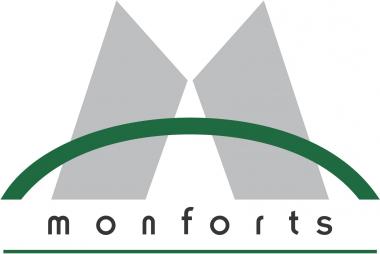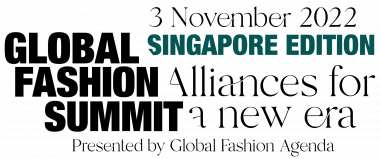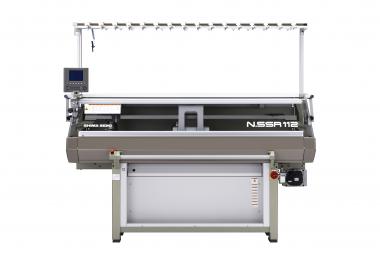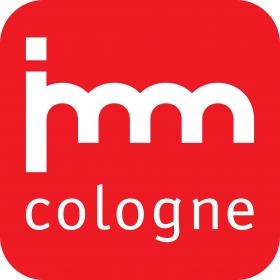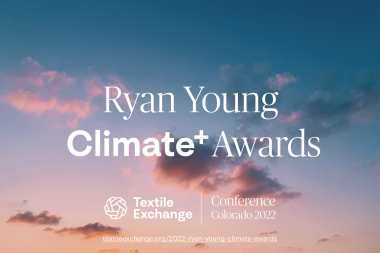Finalists for Hygienix Innovation Award™ announced
- Absorbent Hygiene Products Featuring Advanced Technology Announced:
pH monitoring pantyliner (Kimberly-Clark), roll dispensing period product (Egal Pad) and novel potty training pad (Sposie Kids)
Three new absorbent disposable hygiene products that provide users with greater protection, convenience and discretion are the finalists for the Hygienix Innovation Award™ that will be selected at Hygienix™, the premier event for absorbent hygiene and personal care markets, Nov. 14-17, at The Roosevelt New Orleans Hotel.
The annual award recognizes and rewards innovation that uses nonwoven material or technology in a way that provides consumer benefit and expands its usage.
Each of the companies will present their products during the event on Nov. 15 and INDA’s Director of Education & Technical Affairs Matt O’Sickey will announce the winner on Nov. 17, at 11:30 a.m. to conclude Hygienix™.
Egal Pads: Pads on a Roll™ –A wrapped super-thin absorbent period pad that dispenses like toilet paper in public bathroom stalls, preventing the personal embarrassment of not having a menstrual product when needed. This product promotes period product accessibility and destigmatizes menstrual health. It is targeted to schools and universities and the away-from-home market.
Kimberly-Clark: Kotex® Pantyliner with pH Indicator – The new Kotex Pantyliner with pH indicator, shifts color at the moment it needs to be replaced. This technology works by changing the color from yellow to blue when activated by fluids such as urine, sweat, or others. By indicating the moment to change the product, helps to maintain the intimate area clean, fresh, and consequently healthy.
Sposie Kids: Sposie® Dribbles® Potty Training Pads – An absorbent potty training pad that adheres to boy’s and girl’s underwear to protect against leaks and accidents during the transition from diapers to underwear, while still providing physical cues to the wearer to promote potty training. The pads absorb over half of an average 2-year-old’s bladder capacity and are 100 percent free from any fragrance, latex, and chlorine.
Hygienix™ Conference Highlights
In addition to the award presentation, the Hygienix™ conference will focus on sustainability with presentations by more than 20 industry experts on sustainable inputs, natural fibers, product transparency, reusable menstrual products, recyclable diapers and the latest market forecasts and insights into consumer buying trends.
Hygienix™ will also offer two specialized workshops, a myriad of business connection opportunities, a welcome reception, first-time attendee mentorship program, and two evenings of tabletop receptions.


